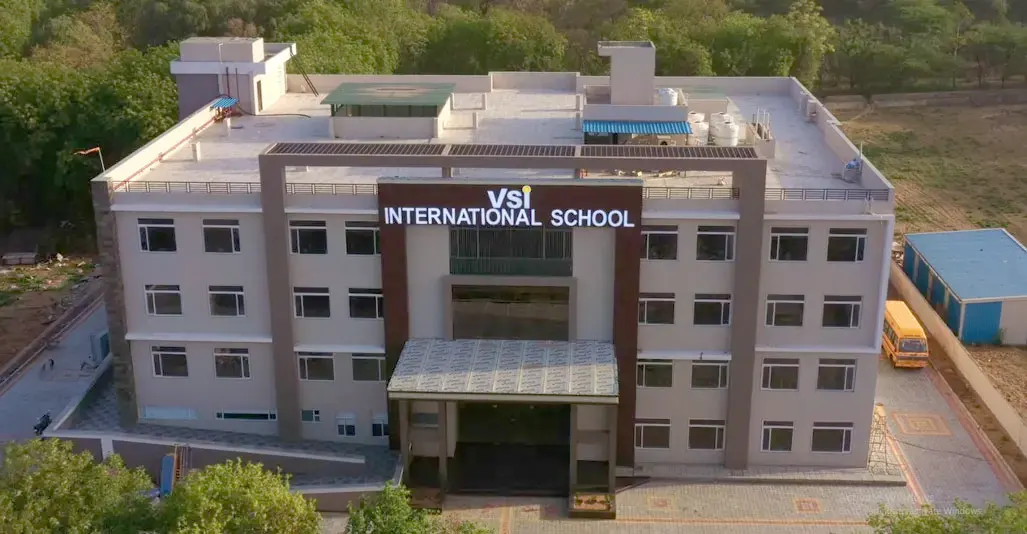
How to Become a Doctor Without NEET.
Becoming a doctor is a dream for many students, and while NEET (National Eligibility cum Entrance Test) is the standard route for entering medical schools in India, there are alternative pathways to pursue a career in the medical field without taking NEET. This guide will provide you with detailed information on various options available, helping you to make an informed decision about your future.

1. Alternative Medical Courses:
These courses offer pathways to becoming a medical professional without the need for NEET:
BAMS (Bachelor of Ayurvedic Medicine and Surgery): Focuses on Ayurveda, the traditional system of Indian medicine. The course duration is 5.5 years, including a year of internship. Graduates can practice as Ayurvedic doctors, work in Ayurvedic hospitals, or set up private practices.
BHMS (Bachelor of Homeopathic Medicine and Surgery): Specializes in homeopathic medicine, a system of alternative medicine. The course duration is 5.5 years, including an internship. Graduates can practice as homeopathic doctors, work in homeopathic clinics, or open private practices.
BUMS (Bachelor of Unani Medicine and Surgery): Centers on Unani medicine, a traditional system of medicine based on the teachings of Hippocrates and Galen. The course duration is 5.5 years, including an internship. Graduates can practice as Unani doctors or work in Unani hospitals and clinics.
BNYS (Bachelor of Naturopathy and Yogic Sciences): Emphasizes natural medicine and yoga. The course duration is 5.5 years, including an internship. Graduates can become naturopaths or yoga therapists, work in wellness centers, or start private practices.
BVSc (Bachelor of Veterinary Science): Focuses on veterinary medicine, diagnosing and treating diseases in animals. The course duration is 5 years, including an internship. Graduates can work as veterinarians in clinics, animal hospitals, or start private practices.

2. Overseas Medical Education:
Many countries offer MBBS programs that do not require NEET. Ensure that the program is recognized by the Medical Council of India (MCI) or the National Medical Commission (NMC).
MBBS Abroad: Countries like Russia, Ukraine, Philippines, China, and Bangladesh have reputable medical colleges offering MBBS programs. These programs usually last for 5-6 years, including clinical rotations. After completing the degree, graduates must pass the Foreign Medical Graduates Examination (FMGE) to practice in India.
MD in the USA: Pursuing an MD in the USA involves completing pre-medical courses and then applying for an MD program, which requires passing the MCAT (Medical College Admission Test). The entire process can take 7-8 years, including residency training.
3. Paramedical and Allied Health Courses:
These courses offer specialized training in various healthcare fields:
B.Sc. Nursing: A 4-year degree program focusing on patient care, nursing principles, and clinical practice. Graduates can work as registered nurses, nurse practitioners, or pursue advanced nursing degrees.
BPT (Bachelor of Physiotherapy): A 4.5-year degree program (including an internship) that focuses on physical therapy and rehabilitation. Graduates can work as physiotherapists in hospitals, clinics, or start private practices.
BMLT (Bachelor of Medical Laboratory Technology): A 3-year degree program that trains students in laboratory diagnostics, testing, and medical research. Graduates can work as lab technologists in diagnostic labs, hospitals, or research institutions.
B.Optom (Bachelor of Optometry): A 4-year degree program focusing on eye care, vision testing, and optometry. Graduates can work as optometrists in eye clinics, optical stores, or start private practices.
4. Research and Academia:
For those interested in medical research and teaching:
B.Sc. and M.Sc. in Biomedical Sciences: A 3-year undergraduate and 2-year postgraduate program focusing on medical research, laboratory science, and biotechnology. Graduates can work in research labs, pharmaceutical companies, academic institutions, or pursue a PhD for advanced research roles.

Frequently Asked Questions (FAQs)
Q1: Can I practice as a doctor in India without NEET?
A: Yes, you can practice as a doctor in India by pursuing alternative medical courses like BAMS, BHMS, BUMS, BNYS, and BVSc, which do not require NEET.
Q2: Are overseas MBBS degrees recognized in India?
A: Yes, but you must ensure that the medical college abroad is recognized by the MCI or NMC. Additionally, you may need to pass the Foreign Medical Graduates Examination (FMGE) to practice in India.
Q3: What are the career prospects for paramedical courses?
A: Paramedical courses like B.Sc. Nursing, BPT, BMLT, and B.Optom offer diverse career opportunities in hospitals, clinics, diagnostic centers, and research labs. Graduates can also pursue further specialization and advanced degrees.
Q4: How can I get admission to an overseas medical college?
A: Admission criteria vary by country and institution. Generally, you need to meet academic requirements, pass entrance exams (if any), and fulfill language proficiency criteria. Consult the respective college’s admission guidelines for detailed information.
Q5: Can I pursue medical research without NEET?
A: Yes, you can pursue medical research by opting for B.Sc. and M.Sc. in Biomedical Sciences or related fields. A strong foundation in these subjects can lead to careers in research and academia.
In conclusion, while NEET is the conventional route to becoming a doctor in India, there are several alternative




